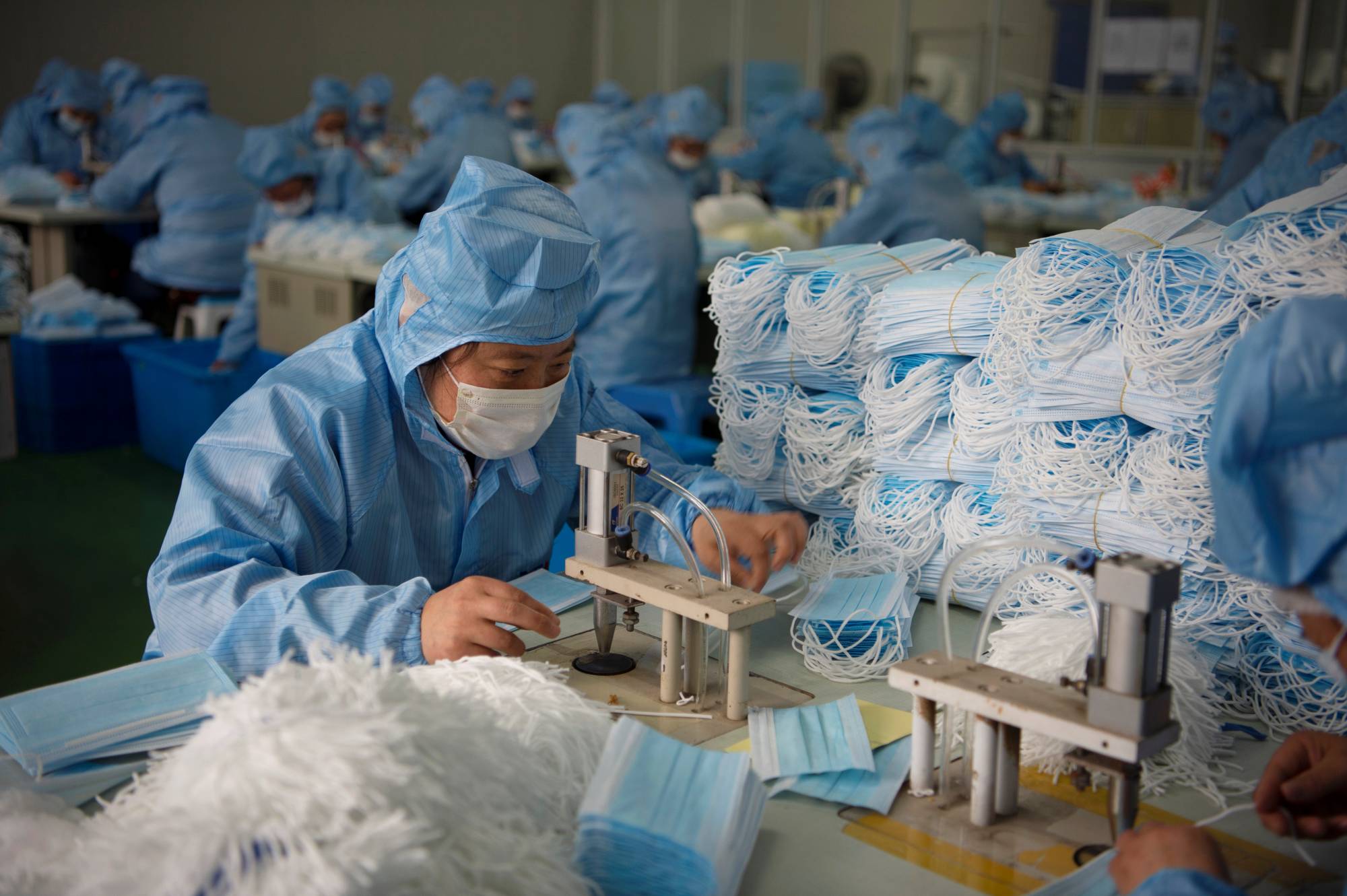For all the talk of “decoupling” the U.S. economy from that of China, the reality was always that there would be, at most, a limited and selective redesign of global supply chains. China produces too much, too efficiently for the rest of the world to exclude it from all multinational production networks.
The Biden administration’s review of critical supply chains, announced Wednesday, makes more sense — if it leads to the establishment of resilient supply chains for the United States and its economic partners. Success is only possible, however, with a focus on national security concerns that embraces cooperation with allies and like-minded countries. Japan must do its part.
While the COVID-19 pandemic made clear the world’s reliance on China for production of personal protective equipment, there have been other indications of China’s central role in vital manufacturing networks. Vulnerability was first exposed in 2010, when China, which controls about 80% of global rare earth refining capacity, cut off shipments of those minerals to Japan during the dispute over the Senkaku Islands. Rare earths are critical to high-tech products, including many leading-edge military applications. Ever since, Japan, the United States and other partners, such as Australia, have developed alternative sources to ensure that they are not held hostage in another political dispute.



